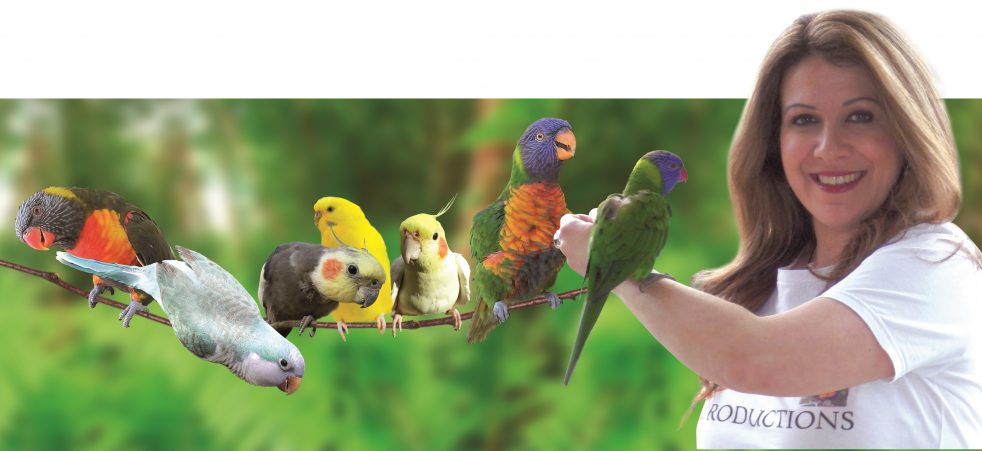terrastendo
For animals and the planet | Terra: “Earth” | Ostendo: “To clarify, show, reveal”
Terrastendo is the blogging site of environmental and animal rights campaigner, Paul Mahony.

Non Human Rights Project
Animals with Human Rights Make Researchers Run Scared Apr 17, 2014 By Josh Fischman
 Legally, dogs and cats are moving closer to personhood. A new book says this poses problems for biomedical researchers and veterinarians
Legally, dogs and cats are moving closer to personhood. A new book says this poses problems for biomedical researchers and veterinarians
Dogs and cats, historically, have been people’s property like a couch or a toaster. But as they’ve moved into our houses and our hearts, courts of law have begun to treat them as something more. They can inherit your estate, get an appointed lawyer if your relatives challenge that inheritance and are protected from cruel acts. Your toaster can’t do any of that.
Toward a Winning Animal Rights Strategy
If asked, most people would say that they love animals. Children play with stuffed animals and take them to bed. They love to see movies and television programs involving animals. Petting zoos are increasingly popular, and young children squeal with delight at a chance to pet animals. Millions of people go to zoos annually, because they are intrigued by animals and want to learn more about them. Many people have pets and spend much time and money taking care of them. Most people get upset when they hear about the mistreatment of animals.
Yet, there is tremendous abuse of animals in our society, a fact that many people are reluctant to face. The number of farm animals slaughtered for food per year has been increasing sharply, and is projected to exceed 9 billion in 1997.
Why is there such a glaring contradiction between people’s concern for the well being of animals and the increasing mistreatment of animals? In the minds of many people, largely because of the effective propaganda of animal exploiters, there is a picture of animal rights advocates as people who condone violence, are more concerned with animals than with human beings, are not willing to harm an animal even if a human life could be saved, and readily equate the massively cruel treatment of animals with the Holocaust or other events involving the death of many people. Unfortunately, some of the statements and actions of dedicated animal rights advocates reinforce these beliefs. This often gives people an excuse to ignore the horrible treatment of animals, by rationalizing that they do not want to be associated with people with such extreme views.
Let us consider a debate which took place on June 27, 1997 on KABC radio between Ingrid Newkirk of PETA (People for the Ethical Treatment of Animals) and the host, writer Dennis Prager, who had severely criticized PETA on a previous program. (The transcript is in “The Prager Perspective”, July 1 and 15, 1997.) Ms. Newkirk started off very effectively: “I don’t see how you can be so opposed to PETA when we’re simply opposed to any cruel thing. Our philosophy is that if there is something that’s cruel, there’s an alternative to it, and if you can’t find it yourself, please allow us the opportunity to help find it for you – whether it’s something to eat that comes from the slaughterhouse, a cosmetic or a shampoo that’s tested on animals, or dissection in school. Whatever it is, please allow us to help you find a compassionate choice. What’s arguable about that?” Prager did not have an answer. Therefore, he immediately changed the topic by stating that, while every group has some lovely positions (including Communists and Nazis), PETA had some positions that “border on evil”.
Dennis Prager, who boasts of pro-vegetarian sympathies and advocates that people not eat veal, who states that “I do care about how animals are treated”, preferred to subvert a potentially constructive dialogue in favor of an entertaining but meaningless debate. Much of the rest of the program was devoted to quasi-theological issues, such as whether animals and people are different, whether the slaughter of 6 billion chickens could be compared to the murder of 6 million Jews during the Holocaust, whether it was acceptable to kill a fly, and related questions. Dennis Prager even stated: “It would be that simple, if you had the position, ‘People come first, but people should care about animal suffering,’ I would then join your group. But you don’t believe people come first.”
Abolitionist Online, Australia
A voice for Animal Rights
Animal rights on the agenda in China
2009-06-28 12:25 BJT
WATCH VIDEO
China has come out with a draft of the country’s first law on animal protection. For the first time in Chinese legislation, criminal punishment for animal cruelty is being proposed.
The proposed draft clearly delineates how animals should be raised, transported, and slaughtered in a humane way.
It also calls for penalties and criminal punishment for animal abuse and cruelty.
The draft law covers wildlife, farm and companion animals.
Legal experts worked on the draft for seven months. Dr. Chang Jiwen, of the Chinese Academy of Social Sciences, led the team.
Dr. chang Jiwen, director of Social Law Research DEpartment of CASS, said, “Our motivations for drafting this law is to protect animals, while at the same time protecting the sensibilities and interests of human beings. We should treat animals humanely. But that doesn’t mean we cannot make use of them.”
Currently in China, only animals on the endangered species list are protected. And no existing law addresses animal welfare systematically.
A comprehensive animal protection law is considered imperative as cases of animal abuse are on the rise.
Last month at least 30 thousand dogs were culled in Hanzhong, Shaanxi province, following a rabies outbreak which caused 12 death.
The cull has triggered ire and harsh criticism from the general public.
An expert from the International Fund for Animal Welfare welcomes the move for legislation.

